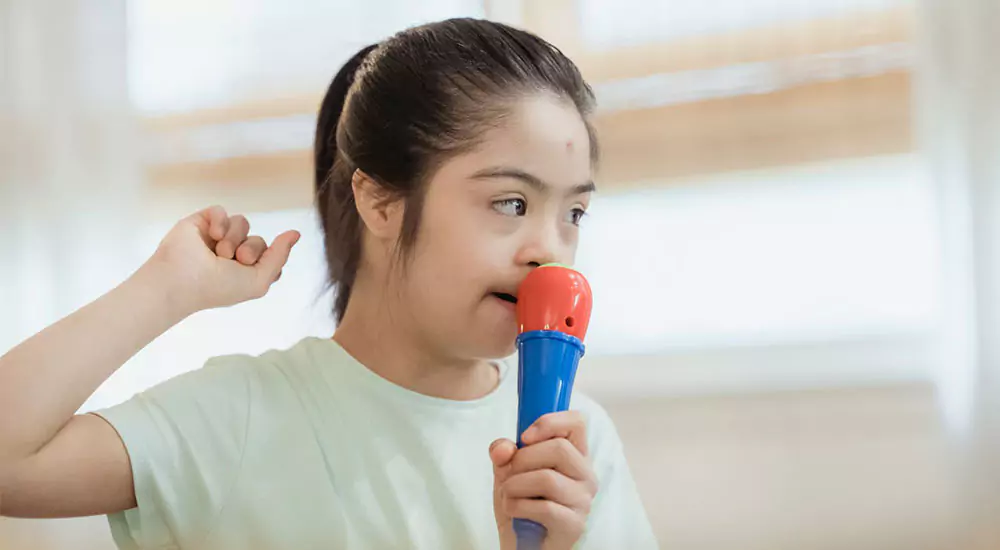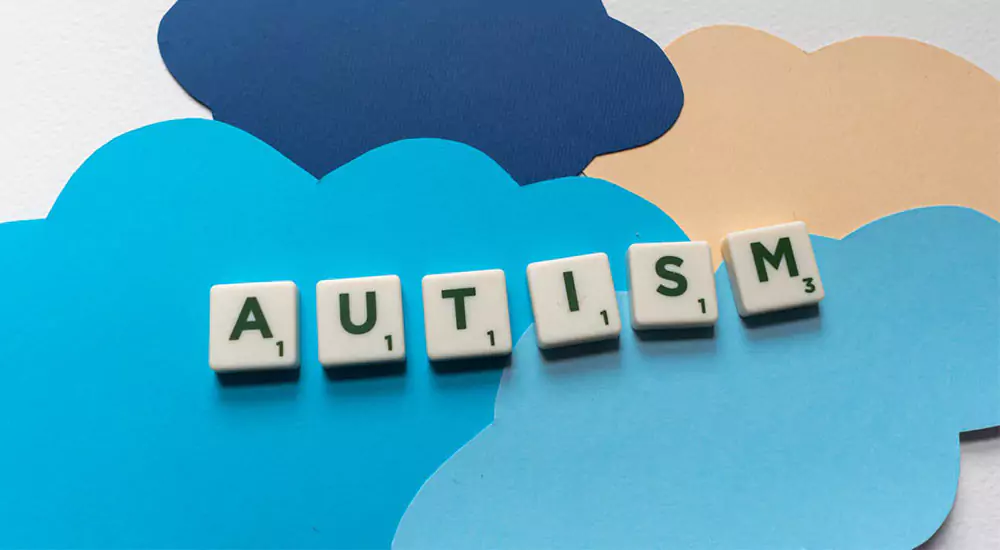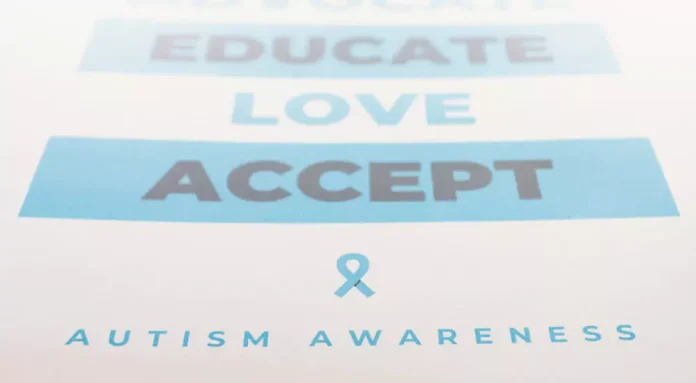Education is a crucial aspect of any child’s development, providing foundations for future success. For children with autism, finding the right educational setting can be particularly significant. This decision of the best schools for kids with autism often involves weighing the pros and cons of public versus private schooling options.
Choosing the appropriate school environment is vital for a child’s growth. Public and private schools offer distinct atmospheres and resources that may impact a child’s learning experience. Understanding these differences can help parents make informed decisions regarding their child’s education.
Best Schools for Kids with Autism: Private Schools vs. Public Schools – A Parent’s Guide
According to Autism Speaks, approximately 74% of students on the autism spectrum in the United States earn their diplomas, indicating that supportive educational environments play an essential role in achieving academic goals. Hence, selecting a conducive educational setting is essential. Parents must consider how each schooling option supports not only academic growth but also social development and overall well-being.
Public Schooling: An Inclusive Option
Public schools are often known for their diversity and inclusivity, welcoming students from various backgrounds. These schools must adhere to federal regulations regarding the education and support of students with special needs. This can mean that children with autism have access to Individualized Education Programs (IEPs) tailored to their specific needs.
However, public schools can have their challenges. Many teachers in public schools have noted that student disengagement is an issue within their classrooms. With 21% of public school teachers identifying student apathy as a problem compared to only 4% in private schools, parents should consider how such factors might affect their child’s experience and learning outcomes.
Despite certain challenges, public schooling offers opportunities for a child to develop social skills through interactions with a diverse group of peers. This exposure can be beneficial in helping them navigate social settings and build essential communication skills. Access to resources and programs not typically available in private settings can also support a child’s unique learning journey.
Private Schooling: A Specialized Approach
Private schools can provide a more individualized educational experience for children with autism. With smaller class sizes, teachers are often able to dedicate more time and resources to each student. This can lead to a more tailored and personalized educational strategy that aligns closely with a child’s individual needs and learning style.
The private school environment often fosters a strong sense of community and support. This can contribute to a nurturing learning atmosphere, beneficial for children requiring extra attention and encouragement.
Moreover, the wide range of over 30,000 private schools in the United States, as reported by CAPE, offers parents various choices to find the right fit for their child. Specialized programs and curriculums focused on children with autism are often more accessible in these settings, promoting a more inclusive education tailored to individual needs.
Making the Right Decision for Your Child

Ultimately, the decision between public and private schooling should be based on what environment will best support a child’s unique educational and social needs. Parents need to consider how each option aligns with their specific circumstances and the resources available. This decision should be guided by comprehensive research and collaboration with educational professionals.
Visiting potential schools, talking to teachers, and engaging with other parents can provide valuable insights into the school environment and the resources available for children with autism. Understanding each setting’s philosophy on inclusivity and behavioral support can be crucial. Additionally, considering the long-term benefits, such as college preparation and career readiness, is important in making an informed decision.
Conclusion: Best Schools for Kids with Autism

While both public and private schools have their advantages and limitations, prioritizing the individual needs and goals of a child will guide parents toward the best educational choice. Fostering a supportive learning environment is key to ensuring each child reaches their full potential. The right school setting should empower a child to thrive both academically and personally.
In conclusion, deciding between public and private education for a child with autism involves carefully weighing various factors. By thoroughly assessing each option, parents can ensure their child receives the most appropriate education possible. Ultimately, making an informed choice can lead to a fulfilling and successful educational experience for both the child and their family.
Related Content: Help Your Child Have a Healthy School Year





